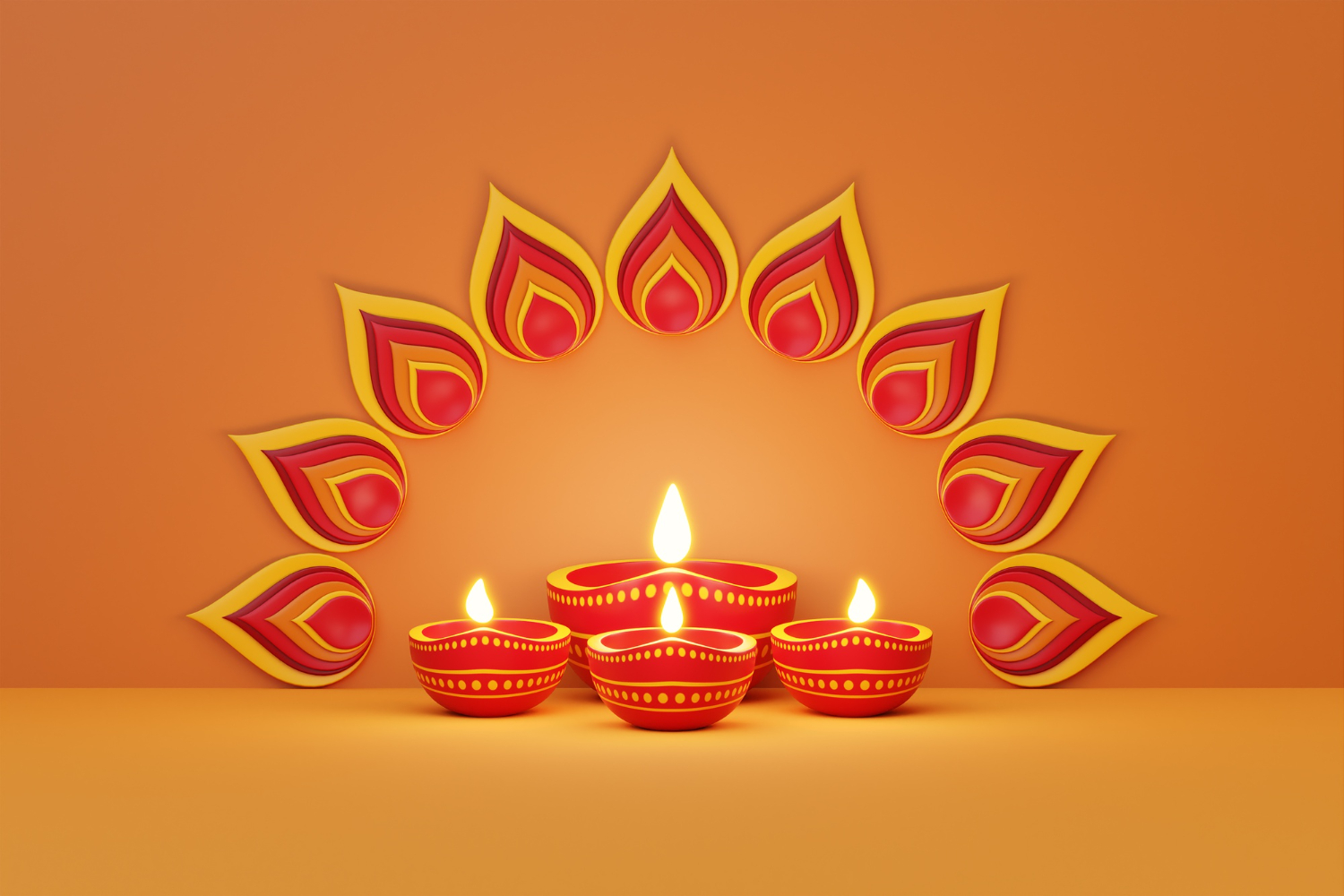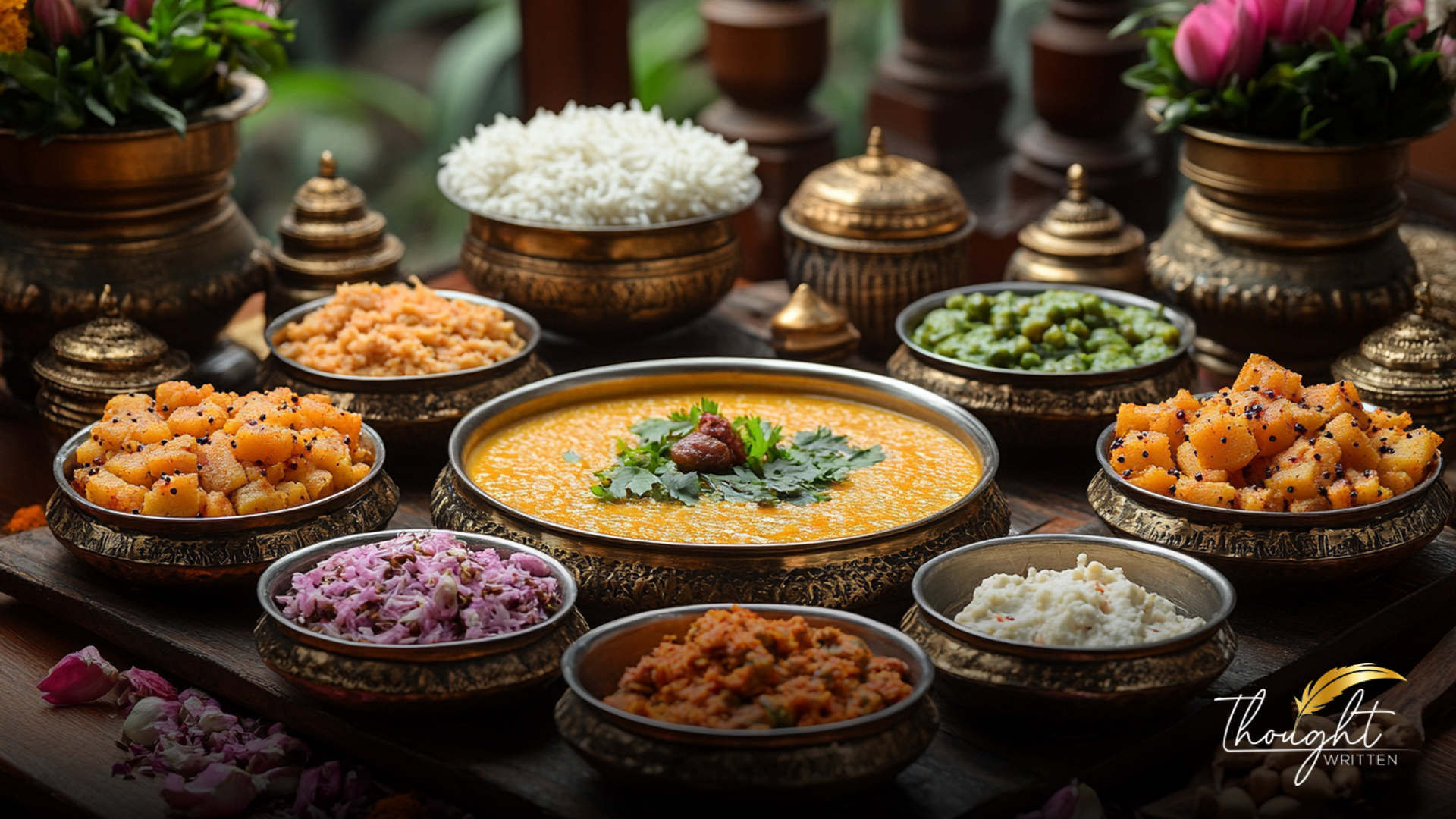Pongal is a delightful festival celebrated primarily in the southern state of Tamil Nadu, India, and among Tamil communities worldwide. This vibrant festival, rooted deeply in agrarian traditions, marks the onset of the harvest season.
Pongal: A Harvest Festival Filled with Joy and Gratitude

Pongal is a delightful festival celebrated primarily in the southern state of Tamil Nadu, India, and among Tamil communities worldwide. This vibrant festival, rooted deeply in agrarian traditions, marks the onset of the harvest season. More than just a festival, Pongal embodies gratitude, unity, and the spirit of renewal.
A Celebration of Harvest
At its heart, Pongal is a harvest festival, a time when farmers reap the rewards of their hard work. As the sun shines brightly, signaling the abundance of the new harvest, farmers gather to thank the sun god, nature, and their livestock for their bountiful yields. The golden fields of rice, sugarcane, and turmeric stand as a testament to nature’s bounty and the toil of the farming community.
The Four-Day Festive Journey
Pongal is a four-day festival, each day holding its unique significance and rituals.
1. Bhogi Pongal: The festivities kick off with Bhogi Pongal, a day dedicated to discarding the old and welcoming the new. Homes are cleaned, and people discard old belongings, symbolizing the removal of negativity and the embrace of positivity. Bonfires are lit, and people gather around to burn old possessions, singing songs and celebrating the joy of new beginnings.
2. Thai Pongal: The main day of the festival, Thai Pongal, is dedicated to expressing gratitude to the sun god, Surya, for a bountiful harvest. On this day, a special dish called ‘Pongal’ is prepared using newly harvested rice, lentils, jaggery, and milk. As the sweet aroma fills the air, families gather to cook the Pongal outdoors, allowing it to boil over, symbolizing prosperity and abundance. This act of overflowing is believed to bring good luck and prosperity to the household.
3. Mattu Pongal: Mattu Pongal is dedicated to honoring and celebrating the cattle, an integral part of agricultural life. Cows and bulls are bathed, adorned with colorful garlands, and worshipped for their invaluable contribution to farming. Special rituals are performed to express gratitude to these animals, and they are treated to a feast of fresh grass, sugarcane, and other treats.
4. Kaanum Pongal: The final day, Kaanum Pongal, is a day for relaxation, leisure, and family outings. Families gather for picnics, visit relatives, and engage in festive activities. Younger members of the family seek blessings from their elders, and communities come together to share meals, exchange gifts, and strengthen bonds.
Cultural Significance and Unity
Pongal transcends religious and social barriers, uniting people of all backgrounds in a celebration of gratitude and community. It’s a festival that emphasizes the importance of family, unity, and shared prosperity. Through traditional rituals, delicious food, vibrant decorations, and joyful gatherings, Pongal fosters a sense of belonging and togetherness among communities.
Conclusion
Pongal is more than just a festival; it’s a celebration of life, gratitude, and unity. It honors the hard work of farmers, the blessings of nature, and the invaluable contributions of cattle to agricultural life. Through its vibrant rituals, delicious cuisine, and joyful gatherings, Pongal encapsulates the spirit of renewal, abundance, and community bonding.
As families come together to cook Pongal, share meals, and exchange gifts, they reaffirm their bonds, express gratitude, and usher in a season of prosperity and joy. So, let’s embrace the spirit of Pongal, celebrate the blessings of nature, and cherish the traditions that unite us in gratitude, love, and unity.





